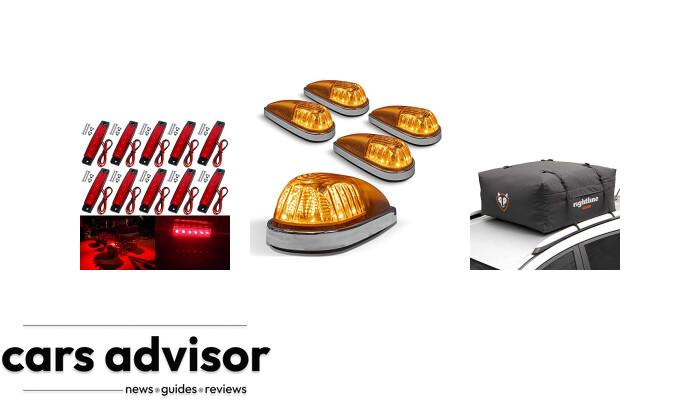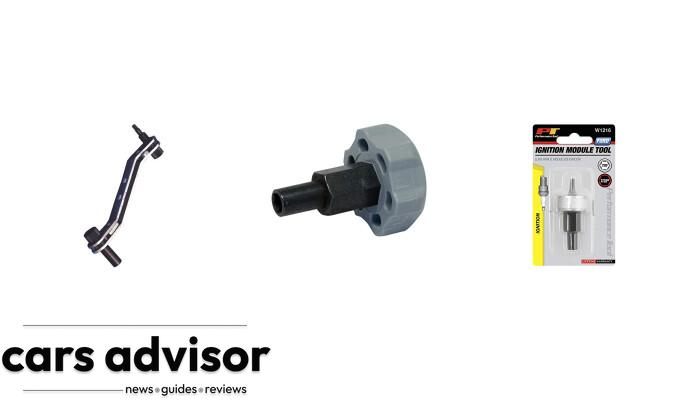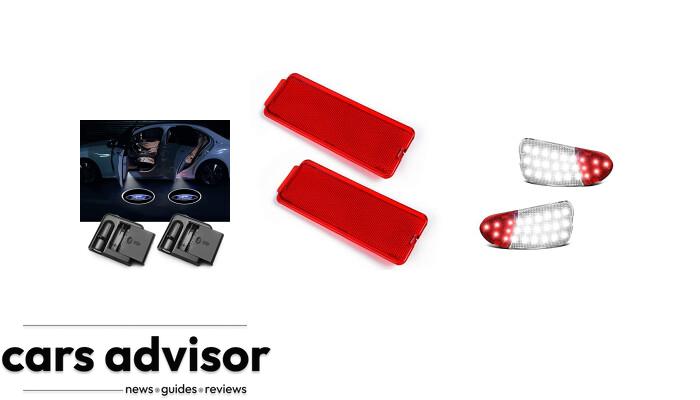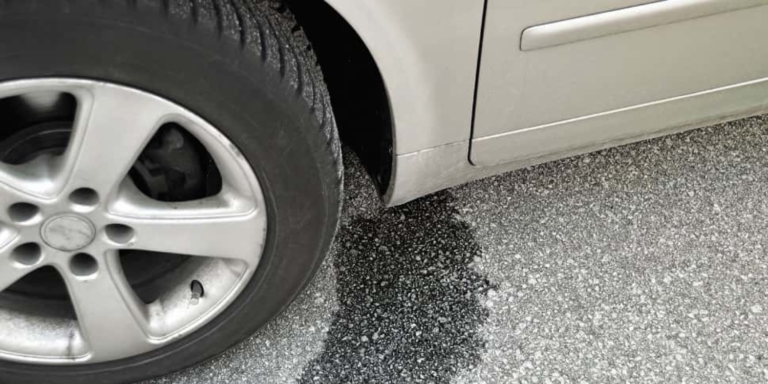When it comes to buying a car with 170,000 miles, mileage is just the tip of the iceberg. Here are some other key factors to consider before making the investment:
Vehicle maintenance: Regular servicing and good condition can mean plenty of life left in the car. Don’t forget to ask for maintenance records and check for signs of neglect or abuse.
Driving conditions: How the car was used can impact its longevity. A car driven on highways and well-maintained roads may have less wear and tear than one used for constant stop-and-go driving in a city.
Brand and model: Some cars are known for their durability while others break down frequently. Research the specific make and model to get a better idea of its expected lifespan.
Future plans: Consider how long you plan on keeping the car and if it’s worth investing in any potential repairs. If you only plan on keeping it for a year or two, major repairs may not be worth the expense.
Don’t let the high mileage scare you off. While a car with 170,000 miles is getting up there in age, it’s not necessarily a red flag. Take all factors into account when evaluating the car’s condition and potential lifespan.
The Odometer Only Tells Part of the Story
As a car enthusiast and blogger, I’ve come across a lot of questions about the reliability of high-mileage vehicles. One of the most commonly asked questions is whether or not 170,000 miles on a car is bad. The answer is not that simple. While the odometer reading can offer valuable information about the age of the car, it doesn’t reveal the whole story. A lot of other factors are taken into consideration when determining the lifespan of a car. As an experienced car owner, I want to share some key factors that should be considered when assessing a high-mileage car.Maintenance Is Key to Longevity
A vehicle’s lifespan largely depends on how well it has been maintained over the years. Regular maintenance helps to detect and correct minor issues before they snowball into major ones. If a car has been regularly serviced with oil changes, tire rotations, and routine check-ups, it can maintain its efficiency despite accumulating a lot of miles. It’s also important to realize that maintenance is more than just oil changes and tire rotations. Brakes, suspension, and transmissions all play a significant role in the longevity of a car. Cars are a significant investment, and maintaining them is vital to keeping them on the road for as long as possible.Examining Driving Habits and Road Conditions
Driving habits and road conditions can also influence a car’s lifespan. If the car is driven hard in stop-and-go traffic, it may experience more wear and tear, even with regular maintenance. Consider the type of driving a car has undergone when evaluating it. Road conditions also play a vital role in the lifespan of a car. For example, a car that has been driven on a poorly maintained road will be exposed to more dust, dirt, and debris, which can negatively affect its performance over time.Consider the Make and Model of the Vehicle
Some makes and models of vehicles are known for their durability and can handle high mileage better than others. If you’re considering purchasing a high-mileage car, research the make and model to see if it has a good reputation for longevity. Japanese automakers such as Toyota, Honda, and Subaru are known for their reliable cars that can last for hundreds of thousands of miles. On the other hand, some domestic vehicles may not be as reliable, even with low mileage.Signs of Wear and Tear: What to Look For
Despite regular maintenance, a car with a high mileage may exhibit some signs of wear and tear. It’s important to know what to look for when evaluating a high-mileage car. Here are some key signs of wear and tear to keep an eye out for:- Uneven tire wear
- Suspension issues such as bouncing, swaying, or knocking
- Engine oil leaks or burning oil
- Rust or corrosion on the bodywork
- Transmission problems such as slipping gears or delayed shifting
Does a Car’s Mileage Impact the Sound of a Timing Belt?
A car’s mileage can indeed impact the sound of a timing belt. As a timing belt ages with higher mileage, it can develop wear and tear, causing it to become loose or misaligned. This could result in timing belt issues, leading to unusual sounds such as squealing or rattling. Regular maintenance and timely replacement can help prevent such problems.
The Importance of a Second Opinion
If you are considering purchasing a high-mileage car, it is always a good idea to get a second opinion from a professional mechanic. A certified mechanic can evaluate the car’s condition and provide you with valuable insights into the mileage, wear and tear, and potential repairs that the car may need. A second opinion can help identify any hidden problems and give you peace of mind before purchasing the car.Making an Informed Decision Based on Mileage
When it comes to deciding whether 170,000 miles on a car is bad, it ultimately depends on several factors such as maintenance, driving habits, road conditions, and the make and model. A well-maintained car that has been driven mostly on the highway may still have a few good years left at 170,000 miles. On the other hand, a car that has experienced rocky driving conditions and has not been regularly maintained may not have the same lifespan.Factors to Keep in Mind When Buying a High-Mileage Vehicle
If you are considering purchasing a high-mileage car, here are a few factors to keep in mind:- Research the make and model to see if it is known for its longevity and durability
- Find out the car’s maintenance history and make sure it has been regularly serviced
- Get a second opinion from a certified mechanic before making a purchase
- Consider the driving habits and road conditions the car has been exposed to
- Understand the potential repairs and costs that could arise with a high-mileage car












